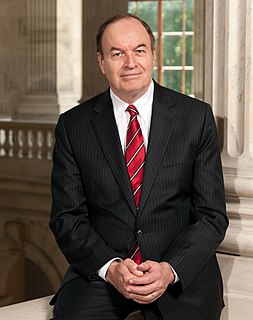A Quote by Jamie Dimon
I learn from all our major competitors, whether they're in or out of the U.S. Wells Fargo is very actively, very aggressively, and very successfully building its U.S. investment bank.
Quote Topics
Related Quotes
As a matter of fact 25% of our U.S. investment banking business comes out of our commercial bank. So it's a competitive advantage for both the investment bank - which gets a huge volume of business - and the commercial bank because the commercial bank can walk into a company and say, "Oh, if you need X, Y and Z in Japan or China, we can do that for you."
A number of former Wells Fargo employees have described their work environment characterized by intense pressure to meet aggressive and unrealistic sales goals. In a 2010 letter to shareholders, Mr. Stumpf wrote that Wells Fargo's goal was eight products per customer because eight rhymed with great.
Wells Fargo's internal review only covers unauthorized accounts dating back to 2011. News reports and court documents suggest these problems might have existed long before then. The 2013 'Los Angeles Times' articles led to the L.A. city attorney's office investigation into Wells Fargo's sales practices.
The issue for the major companies is how, is how when and where to make their content online. So you look at these major cable companies, whether it's Disney or Time Warner, News Corp., ESPN, USA, they're being very very careful, about making their content available over the internet, and they're trying to figure it out.





























